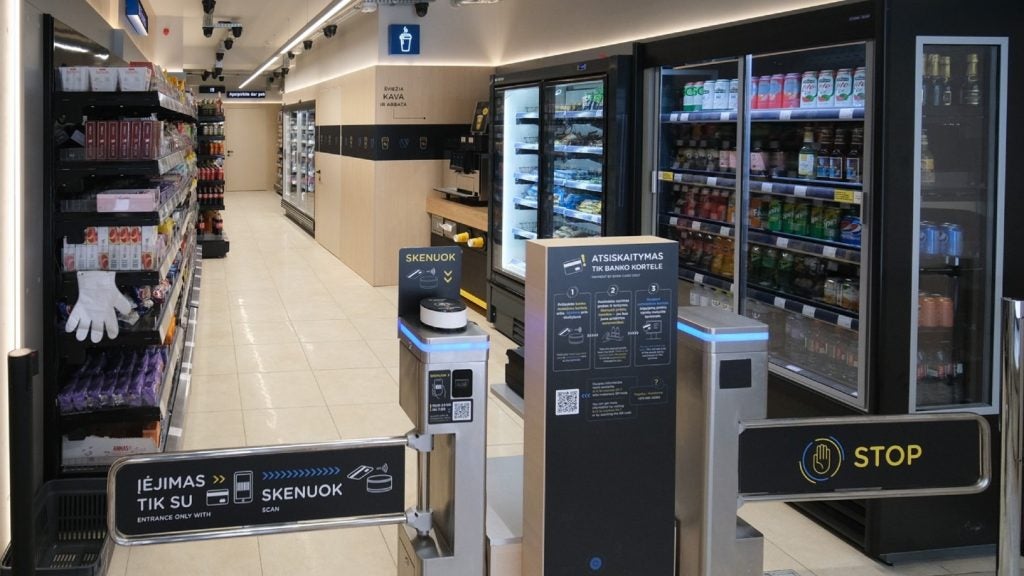
The negotiations over the UK leaving the European Union will begin today (19 June) – despite concerns the talks would be delayed after the shock general election result.
After UK prime minister Theresa May’s Conservatives failed to return a majority to parliament during the general election on the 8 June, it was thought the Brexit talks would be postponed to allow the government to deal with the political crisis.
The UK is currently without an official government.
It is thought May will shore up Conservative support in the House of Commons in a deal with the Northern Irish Democratic Unionist Party (DUP), though it is not thought an agreement will be announced until later this week.
However, the Brexit secretary David Davis, who will be arguing for the UK in the negotiations, and the EU’s chief Brexit negotiator Michel Barnier, agreed that talks will start today.
Worryingly, the general election result has over one third, 36 percent, of the public believing this will cause the UK to end up with a bad Brexit deal, according to YouGov, compared to seven percent who think this will be positive for the country.
How well do you really know your competitors?
Access the most comprehensive Company Profiles on the market, powered by GlobalData. Save hours of research. Gain competitive edge.

Thank you!
Your download email will arrive shortly
Not ready to buy yet? Download a free sample
We are confident about the unique quality of our Company Profiles. However, we want you to make the most beneficial decision for your business, so we offer a free sample that you can download by submitting the below form
By GlobalDataBad deal is a so-called hard Brexit
A bad Brexit deal, which has been termed worse than a no deal Brexit, has often been described as a hard Brexit.
This focuses on withdrawing completely from everything to do with the bloc – mainly the single market and the freedom of movement regulations because you can’t have one with the other.
This would leave the UK to have a relationship with the union based on the World Trade Organisation (WTO) rules.
This has been criticised for how it would affect UK businesses once they are forced to withdraw from the single market, which guarantees tariff-free trade throughout the union.
Freedom of movement will have implications for businesses in terms of staff – just this week, representatives from the tech industry and the aviation industry have been complaining about what will happen if the UK gets a Hard Brexit.
What would a so-called soft Brexit mean?
For a Soft Brexit to happen, it is thought the UK would still have some kind of membership of the single market in return for a degree of freedom of movement.
Though this will be fairly difficult to achieve, because other countries, such as Germany, have said they don’t want the UK to have the benefits of being with the EU without actually being a full member.
Tom Brake, Liberal Democrat MP for Carshalton and Wallington, is hoping for a soft Brexit for the UK. He told Verdict:
Monday is an opportunity for the UK government to press the reset button, respect the outcome of the General Election and negotiate a soft Brexit, allowing the UK to stay in the Single Market and the Customs Union.
In addition, the vote last June was mainly related to reclaiming the UK’s borders and reducing immigration. Allowing some element of freedom of movement wasn’t what the 52 percent voted for.
What do the Conservatives want?
May has said the UK will end up with a Hard Brexit, instead of a “half-in, half-out” membership of the EU, so ruling out a soft one.
Speaking in Luxembourg ahead of the talks today, the chancellor Philip Hammond has said the UK should prioritise jobs and prosperity.
Hammond is attending a meeting with the other 27 finance ministers in the EU. He said:
As we enter negotiations next week we will do so in a spirit of sincere cooperation taking a pragmatic approach to trying to find a solution that works both for the UK and for the European Union 27.
According to Reuters, he reportedly disregarded the idea of a softer Brexit, referring to May’s speech in March when she triggered Article 50 that said the UK will leave the single market.
My clear view, and I believe the view of the majority of people in Britain, is that we should prioritize protecting jobs, protecting economic growth, protecting prosperity as we enter those negotiations and take them forward.
What does the EU want?
It looks like the main thing for Barnier is going focusing on citizens’ rights in the talks: mainly those of EU citizens in the UK and UK citizens elsewhere in Europe.
Article 50 negotiations with the UK to begin on 19 June – focus on:citizens’ rights, financial settlement, Northern Irish border and more. pic.twitter.com/XJGlqEu2vu
— European Commission (@EU_Commission) June 16, 2017
As well, it looks like we’re going to be seeing more headlines about the so-called Brexit Bill during the negotiations.
The EU reportedly wants to make sure the costs of withdrawing from the union are pretty high, in order to prevent anyone else from attempting to do the same.
Figures ranging from £5bn to £50bn have been thrown around but until talks start we won’t know what the official number will be.
Finally, another major point will be the Northern Irish border, the only actual UK border with the union. It is thought the establishment of a hard border would be crippling financially for the country, so this is imperative to establish early on.





